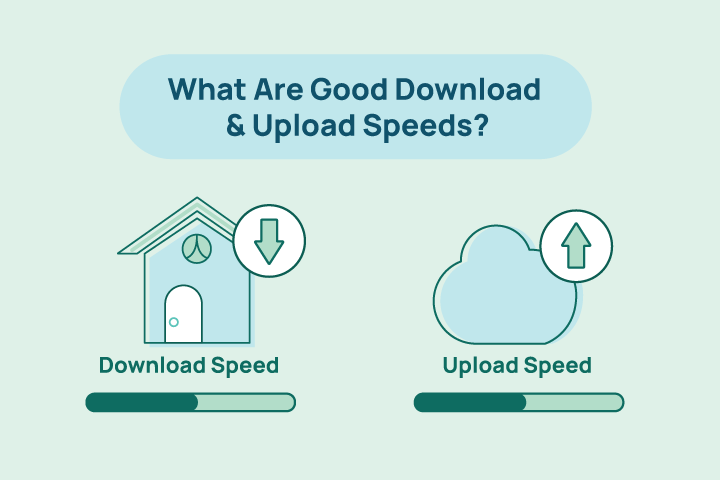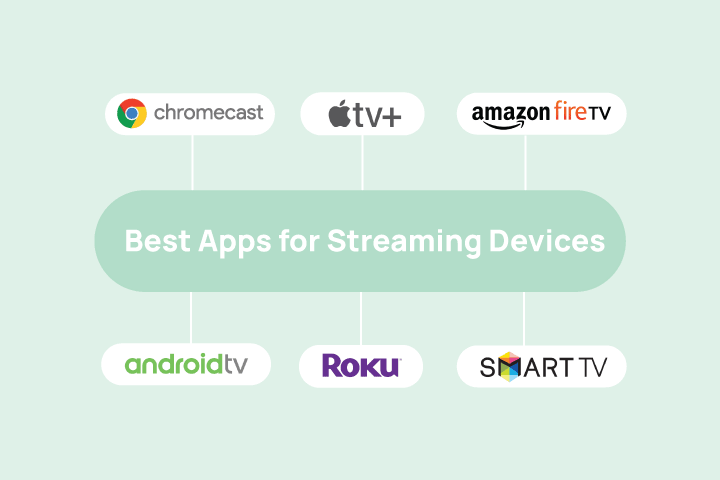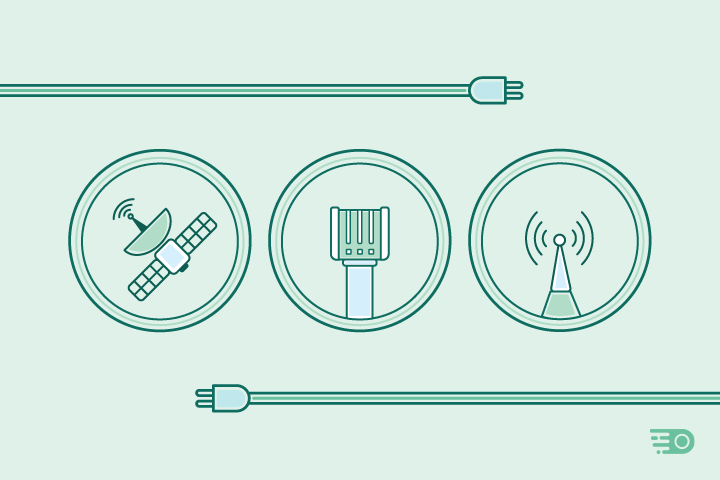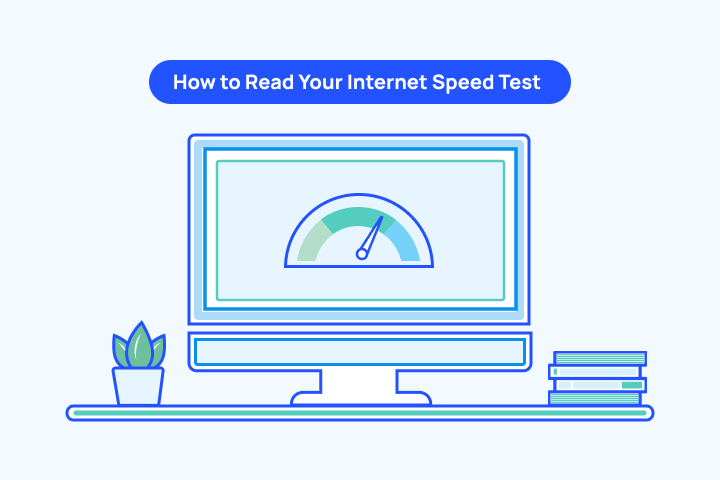What Are Good Download & Upload Speeds?

HighSpeedOptions prides itself on providing honest, quality content. While we may be compensated when you make a purchase through links on our site, all opinions are our own. Here's how we make money.
Table of Contents
Speed is arguably the most important factor when shopping for internet providers. With much of what we do online requiring faster internet speed, it is important to understand what good download and upload speeds are for your needs.
Here we’ll break down what average download speeds and upload speeds are for different internet connection types and what online activities benefit from faster speeds. Check out our resource on download and upload speeds to gain a better understanding of what they are and how they’re different.
But before reading further, use the speed tool below to see what your current download and upload speeds are.
What is a Good Download Speed?
Download speed really is the most important speed to consider, and is the primary speed internet providers advertise with their plans. Most online activities involve getting data to our devices, such as streaming HD video or downloading files. A fast download speed will reduce buffering while streaming a video, decrease file download times, and provide a smoother experience during video conferencing.
The Federal Communications Commission (FCC) identifies the minimum broadband internet download speeds to be 25 Mbps. This speed is sufficient to engage in most online activities with acceptable results, having just a bit more speed will improve the experience even more.
The FCC’s minimum download speed assessment is a good starting point. But it’s important to point out that this speed should be considered for each person in a household using a shared internet connection. If there are four people in your house that use the internet connection at the same time, you will want a download speed of at least 100 Mbps.
And another thing to keep in mind is that the speed providers advertised is based on a wired connection. Your wireless devices will have considerably slower connections than the advertised speeds. For this reason, 100 Mbps per person is a more realistic speed that accounts for slower WiFi connections.
Faster download speeds will greatly benefit your general browsing experience and the following activities:
- Online gaming speeds
- File transfer
- Working from home and video conferencing
- Streaming HD videos
- Social media
What is a Good Upload Speed?
Upload speeds are typically much slower than download speeds because of lack of demand for it and the limitations of some internet service technologies. Currently, the only type of internet connection capable of offering equal download and upload speeds (symmetrical speeds) is fiber internet.
However, fast upload speeds are very beneficial for many of the online activities we do every day. The FCC considers 3 Mbps to be the minimum speed required to be considered broadband internet. Again, we consider this to be a per-person measurement for homes with multiple users.
Having faster upload speeds will enhance your experience with the following activities:
- Online gaming
- Video conferencing
- Social media/social influencers
- Voice over IP (VOIP) calls
- Live streaming video
- Storing files in cloud storage

Average Download and Upload Speeds by Connection Type
These average download and upload speeds by connection type can help you quickly narrow down which connection type and internet provider will meet your needs.
| Internet Connection Type | Average Download Speed | Average Upload Speed |
| Fiber Internet | 100 – 2000+ Mbps | 100 – 2000+ Mbps |
| Cable Internet | 50 – 1000+ Mbps | 5 – 50 Mbps |
| Satellite Internet | 25 – 200 Mbps | 1 – 5 Mbps |
| Fixed Wireless Internet | 50 – 200 Mbps | 50 – 100 Mbps |
| DSL Internet | 5 – 150 Mbps | 1 – 20 Mbps |
| Internet Connection Type | Fiber Internet |
| Average Download Speed | 100 – 2000+ Mbps |
| Average Upload Speed | 100 – 2000+ Mbps |
| Internet Connection Type | Cable Internet |
| Average Download Speed | 50 – 1000+ Mbps |
| Average Upload Speed | 5 – 50 Mbps |
| Internet Connection Type | Satellite Internet |
| Average Download Speed | 25 – 200 Mbps |
| Average Upload Speed | 1 – 5 Mbps |
| Internet Connection Type | Fixed Wireless Internet |
| Average Download Speed | 50 – 200 Mbps |
| Average Upload Speed | 50 – 100 Mbps |
| Internet Connection Type | DSL Internet |
| Average Download Speed | 5 – 150 Mbps |
| Average Upload Speed | 1 – 20 Mbps |
Do I Need More Download and Upload Speed?
It’s important to know the capabilities of your internet service and what internet speeds fit your lifestyle. Not all plans are equal, and while the advertised download speed may be high, the upload is likely considerably slower. As a general rule, we recommend getting the fastest internet service within your budget since it can reduce frustration and significantly improve your online experience. Our easy speed calculator can help you get an idea of how much speed you need based on your activities.
If you need more speed than what your current plan is providing based on the speed test above, then enter your zip code below to search for internet providers in your area and compare plans.
Find providers in your area

Table of Contents





